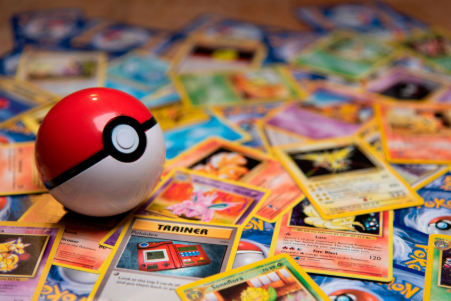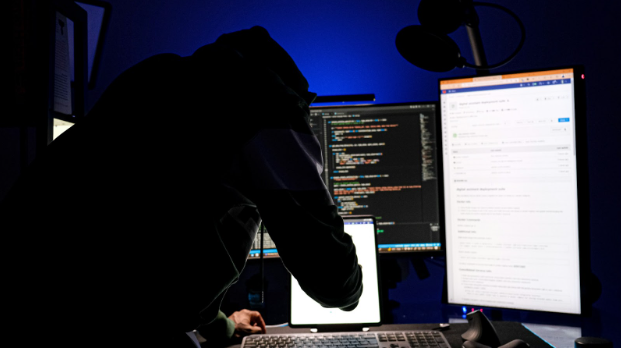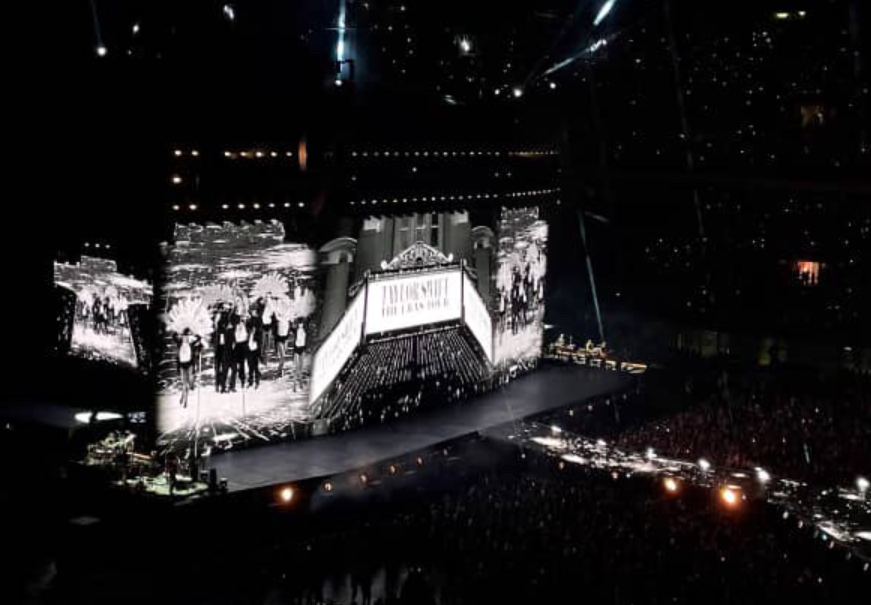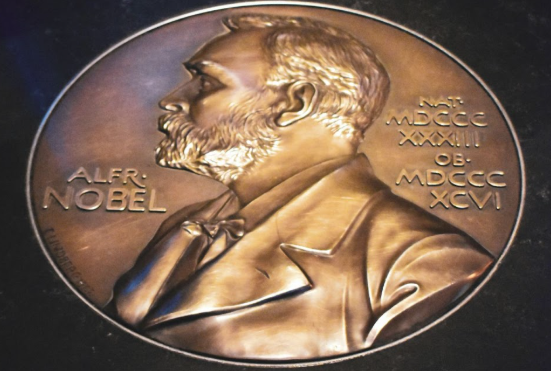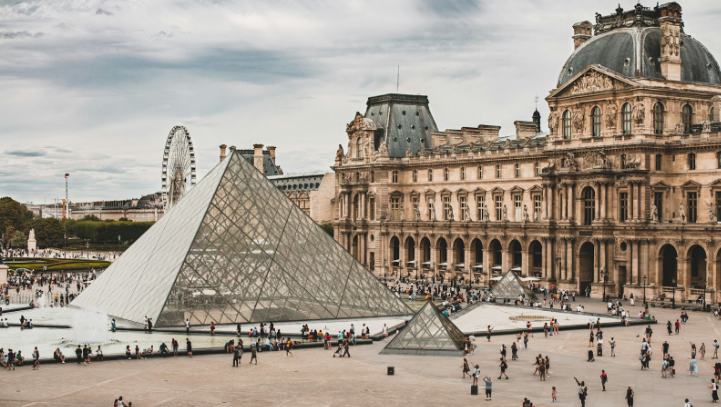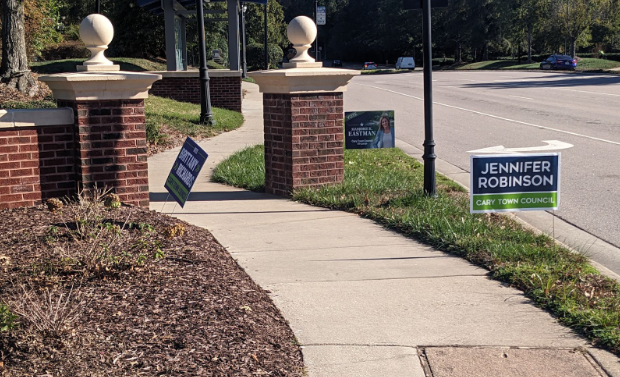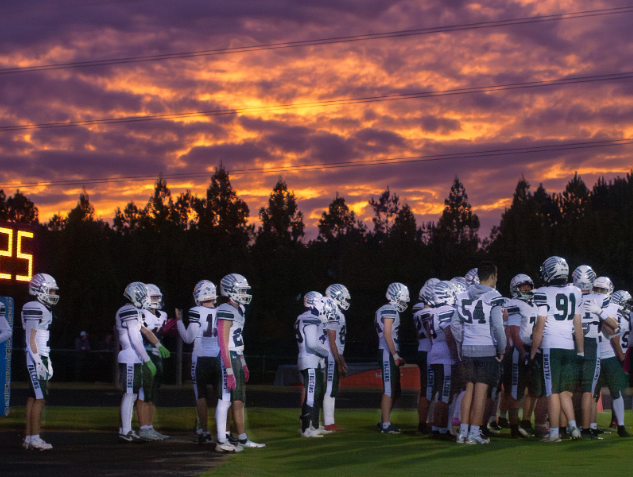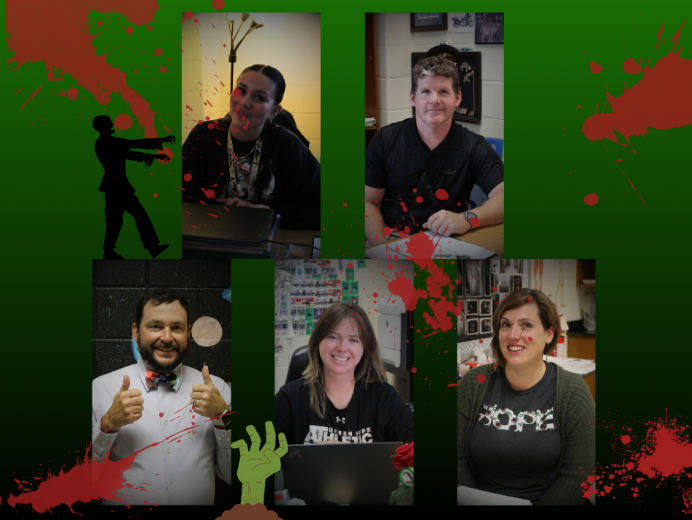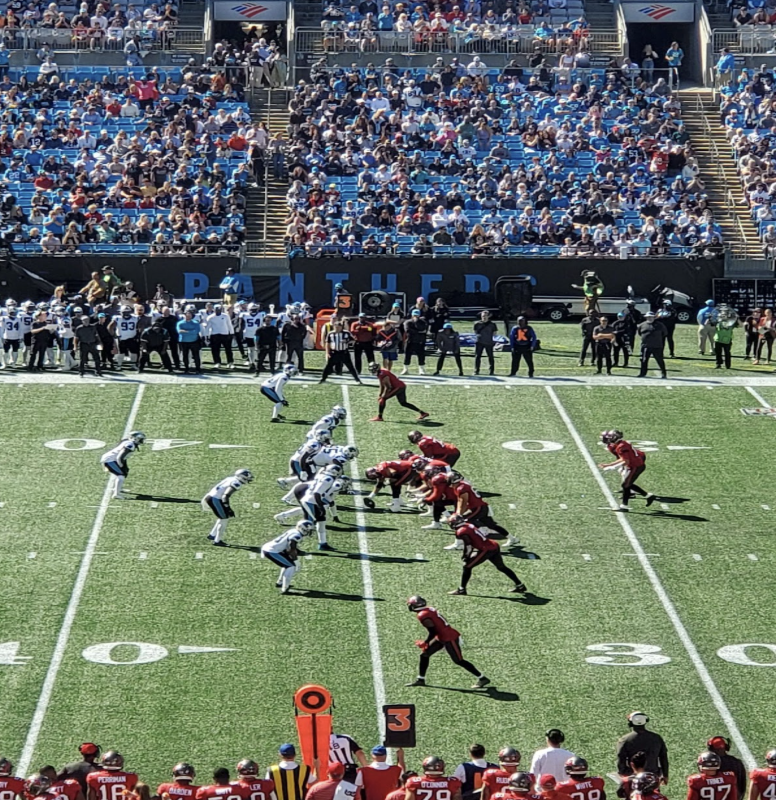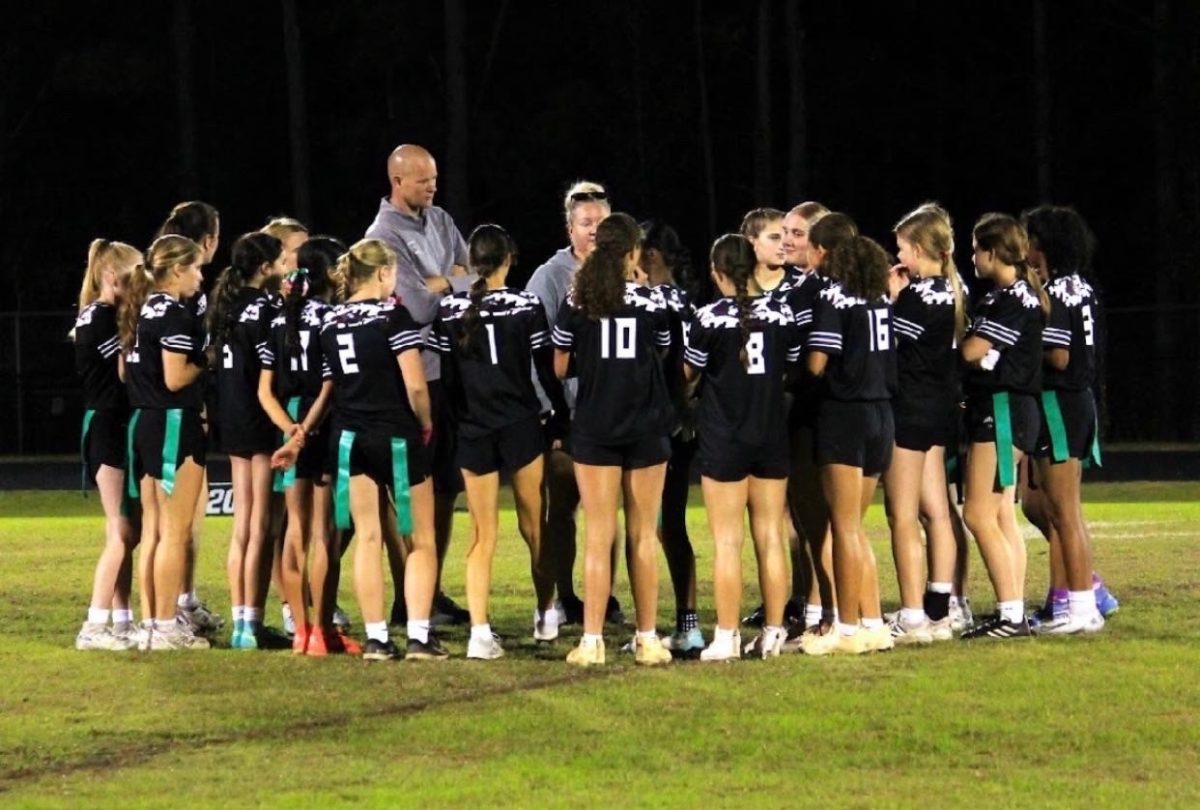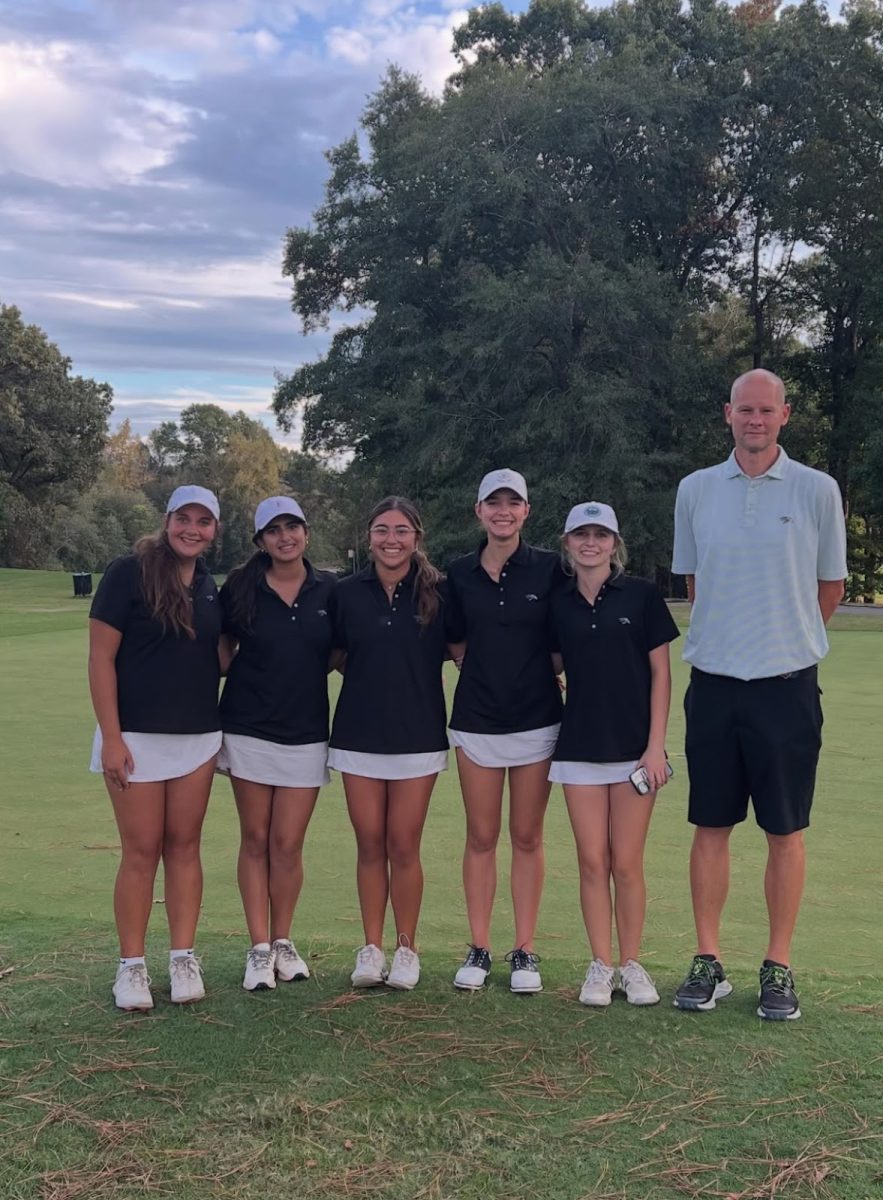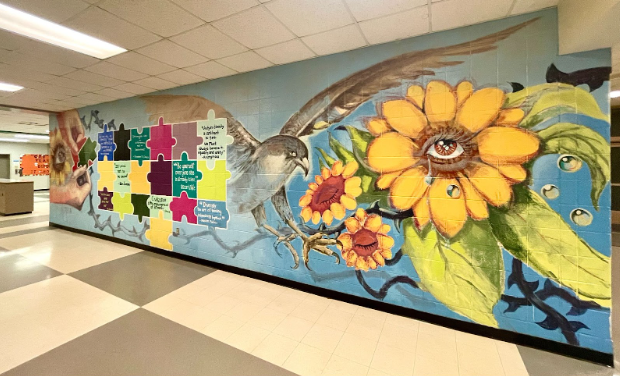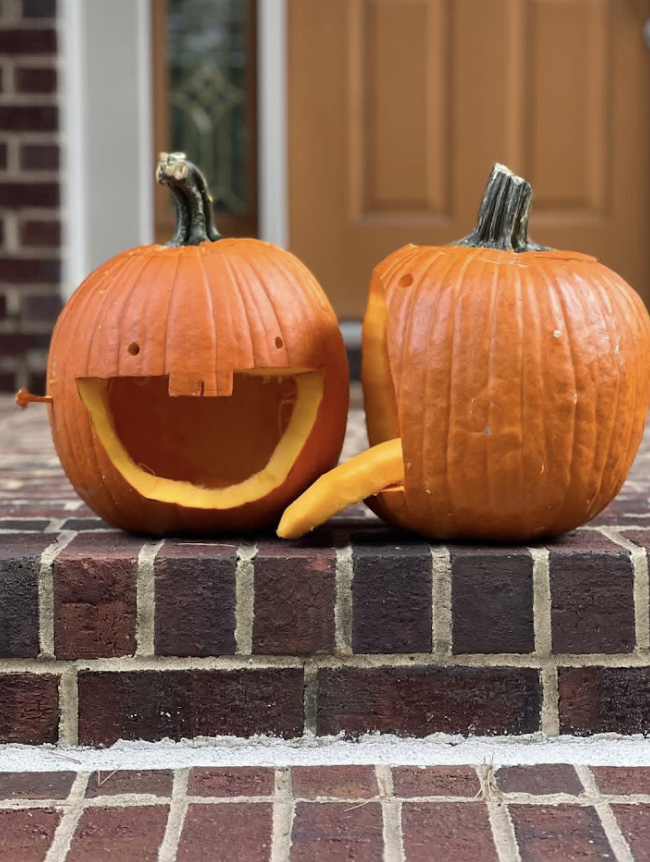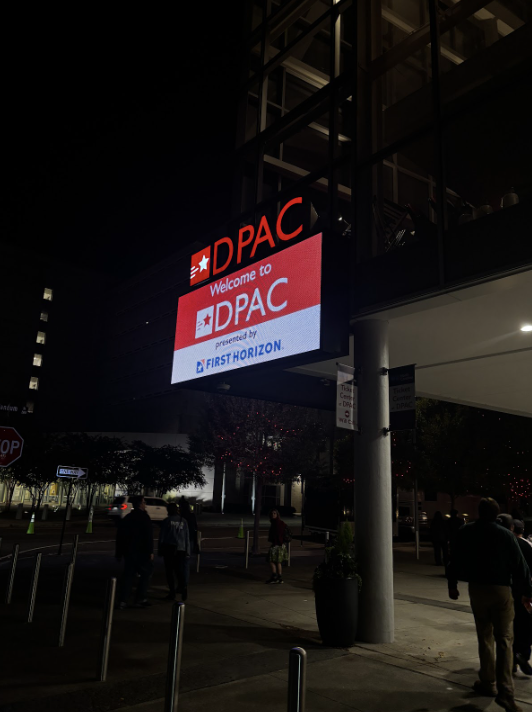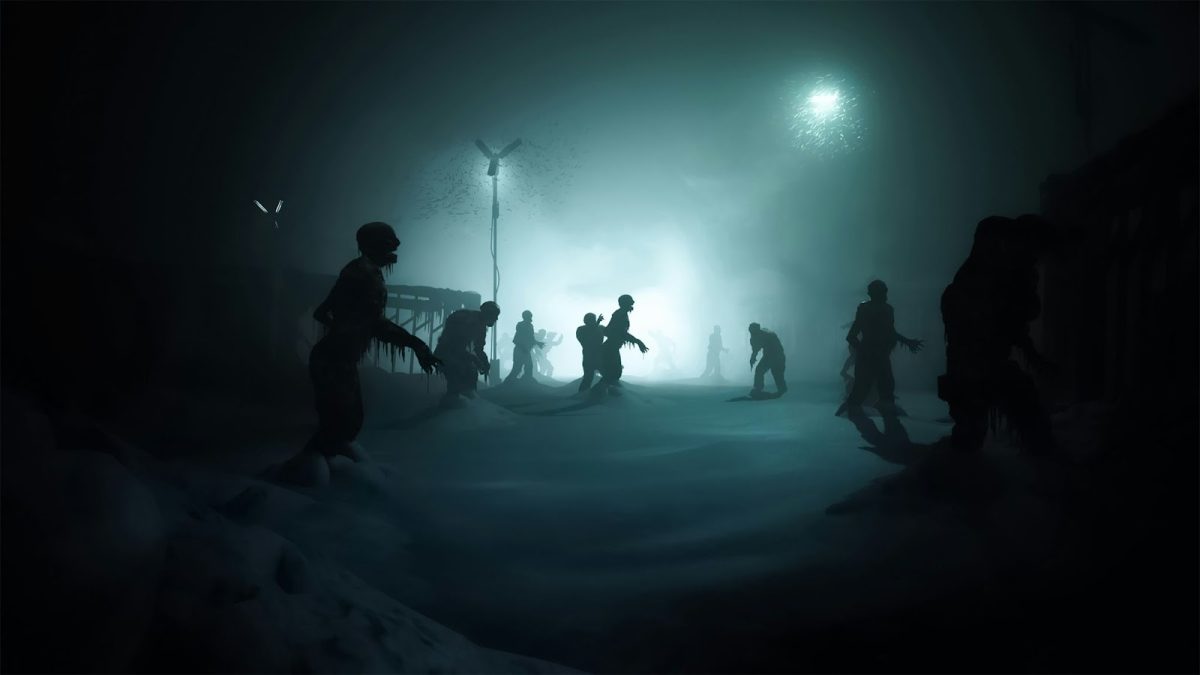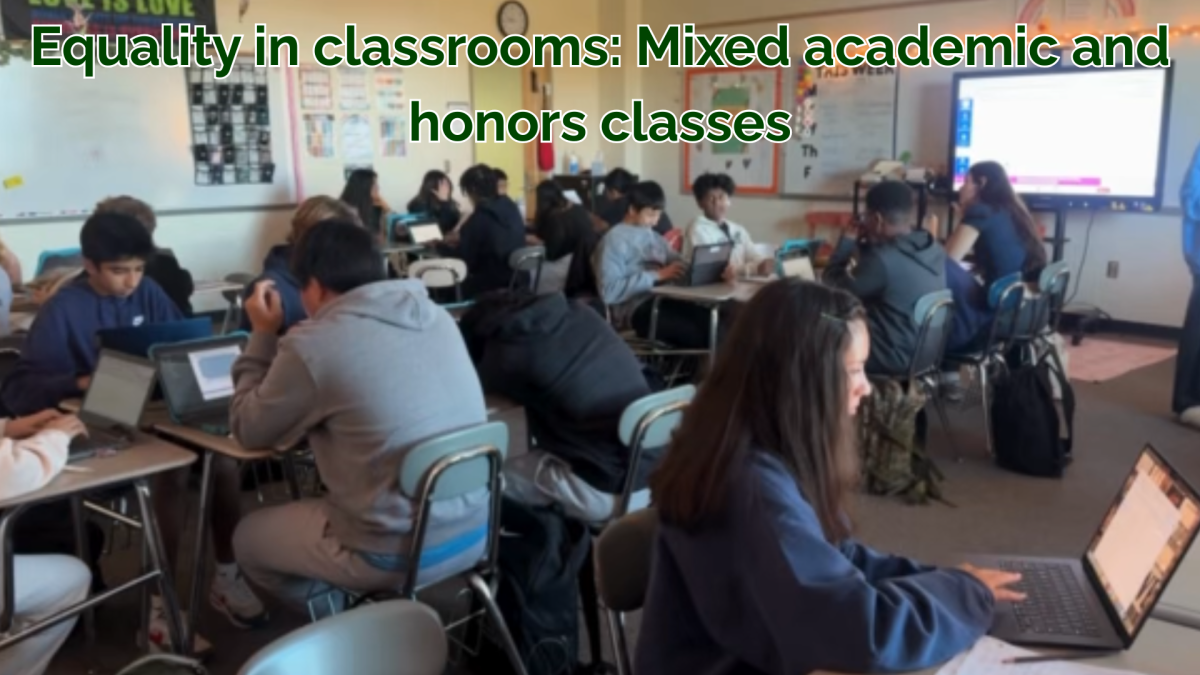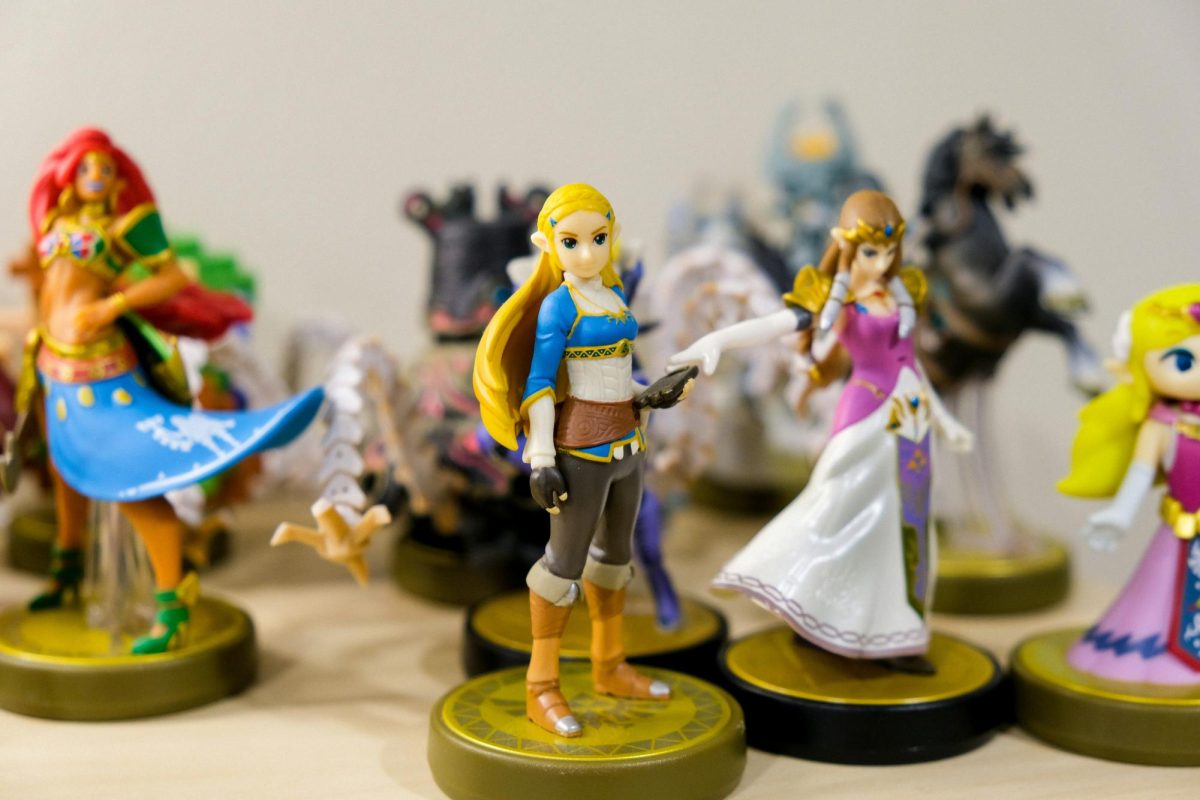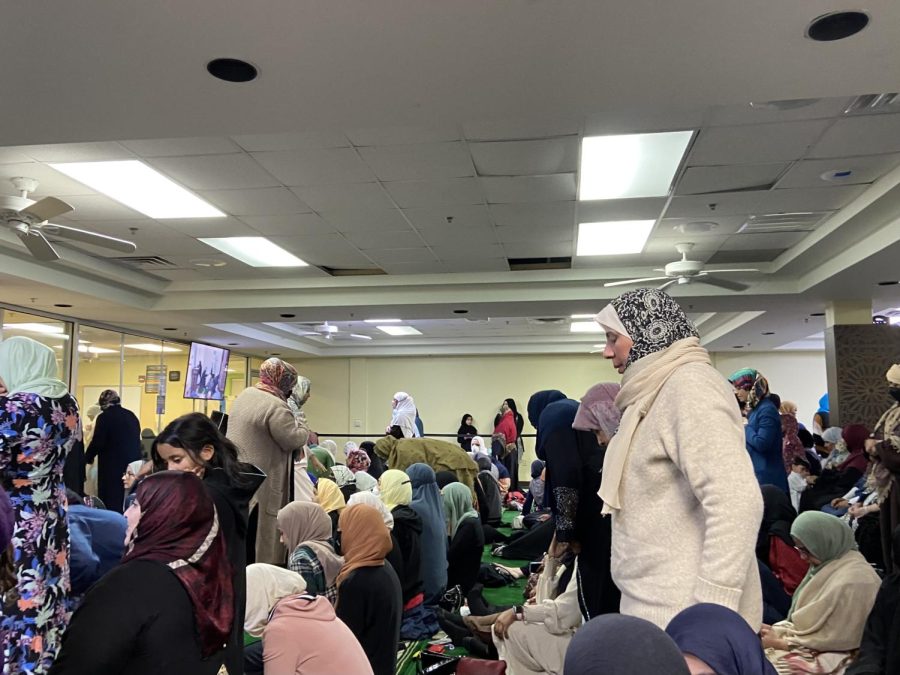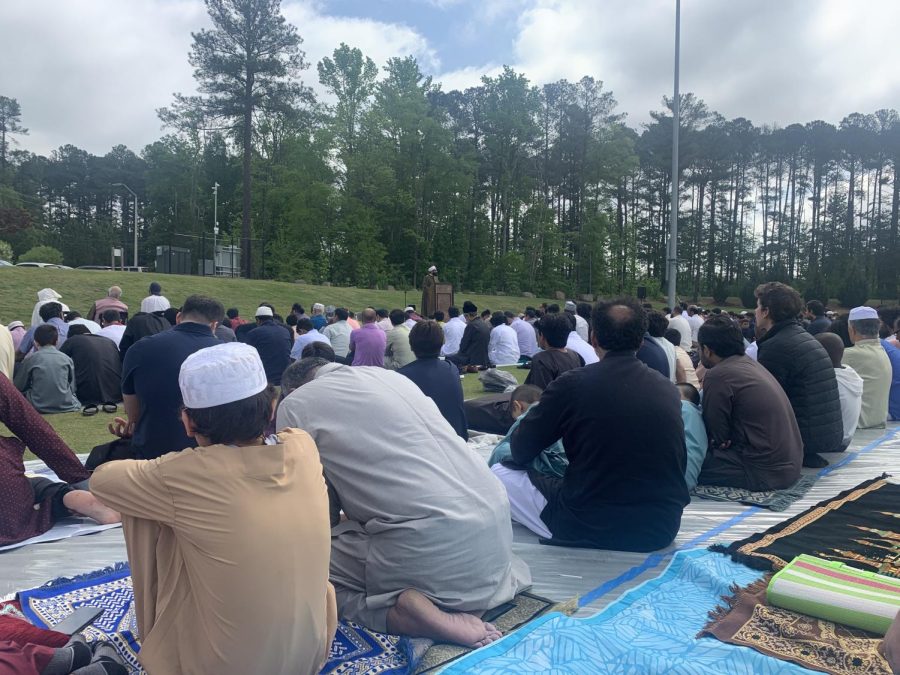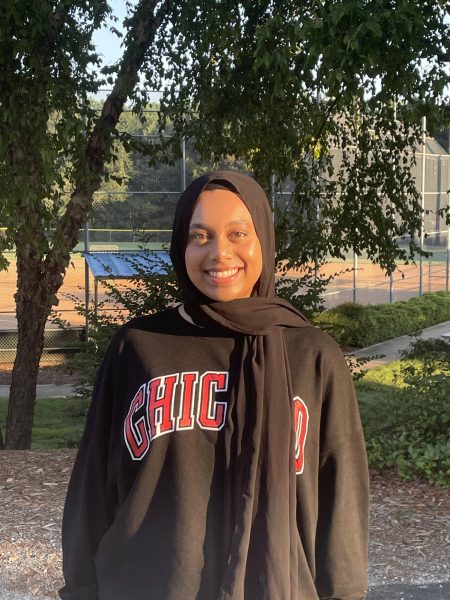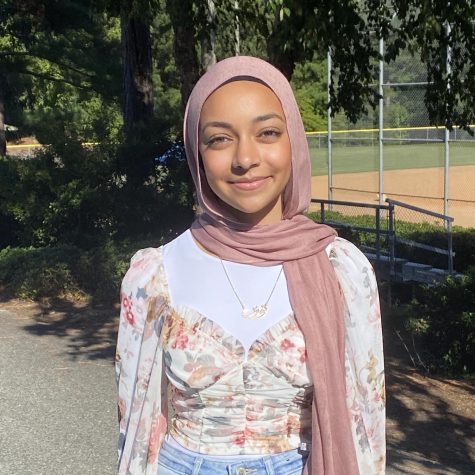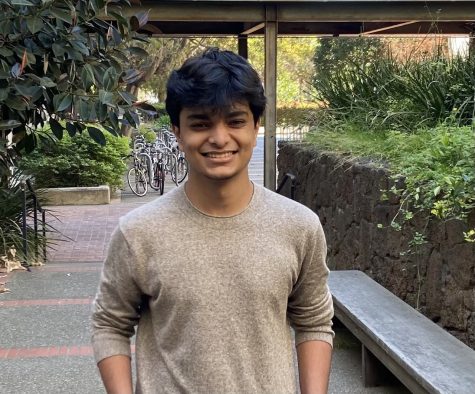Ramadan 2022: A Month of Reflection and Introspection
Over a 30-day period, Ramadan offers Muslims around the world with an opportunity to grow both religiously and personally.
April 1, 2022
With the Islamic month of Ramadan right around the corner, millions of Muslim students around the world are preparing for the 30 days of spirituality, including Muslim students at Green Hope.
What is Ramadan?
The holy month of Ramadan is a 30-day period where Muslims fast from sunrise to sunset every day. Fasting is the practice of abstaining from all kinds of foods and drinks, including water. The purpose of such is to propel Muslims to control their worldly temptations to focus on other things such as doing good deeds and strengthening one’s connection with God.
Muslims are also expected to maintain good behavior, such as avoiding the usage of profanity, talking poorly about others, engaging in illicit activities, etc. Additionally, many partake in supplementary prayers at the mosque every night along with acts of service within the community, reading verses from the Quran, showing kindness to others, and much more.
Ms. Daniyah Hannini, the Muslim Students Association advisor, English 1, and Creative Writing 1 teacher, provided her insight as to what the month means to her.
“Ramadan is a month of introspection, action, and spiritual upliftment. It’s a process of celebrating religious identity and committing oneself to growth and lasting change. My hope is to finish off the month a better person than I was when it started,” stated Ms. Hannini.
Hasan Khan, a senior and member of the Muslim Students Association, emphasized how much of a self-improvement opportunity Ramadan is for Muslims.
“A huge part of Ramadan is self-reflection by looking into yourself and re-evaluating your moralities, ethics, and beliefs. I want to take Ramadan as an opportunity to distance myself from distractions so I can focus on myself and understand what there is that I can personally improve in,” noted Khan.
Student Goals for the Month
With Ramadan serving as a time for growth and personal development, many students have expressed their goals and hopes for this upcoming month. From building a deeper connection with religion
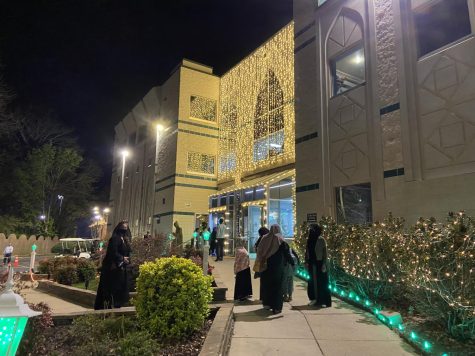
through fasting and reflection to garnering a greater sense of community from breaking fast with family and friends, this month leaves much room for personal change.
“I want to help out in my community and do some volunteer work as well as making sure I complete my prayers and read the Qur’an as much as I can,” stated freshman Nabiha Rahman.
Similarly, Safiya Shabandri, Senior and Co-President of the Muslim Students Association at Green Hope, touched on the importance of taking this time to build better habits and make beneficial lifestyle changes.
“For me, I mostly want to take this time to build better habits and also implement changes into my lifestyle that I can keep consistent throughout the year rather than just during the month of Ramadan,” she said. “This includes allotting periods of time that I can use to reflect and do things that I have wanted to do throughout the year but haven’t been able to find the time to do,” she added.
As Ramadan approaches, Muslim students prepare for the challenges that come with fasting from sunrise to sunset at school. Walking from class to class and retaining information during live instruction can be difficult throughout the holy month as students aren’t able to eat or drink for the duration of the school day.
Junior Aadil Mohammed, Co-President of the Muslim Students Association at Green Hope, shares his take on balancing school and Ramadan.
“Balancing your spirituality with school work. We’re getting closer to AP exams so there’s a very high workload, especially being a junior. So being able to manage your time wisely is really challenging,” stated Mohammed. “I try to delineate time to be able to balance things so having time for my school work while also having time for Ibadah and to foster my spiritual connection,” he added.
Although students have their struggles with fasting during 7 hour school days, Senior Bilal Syed found that with the right mindset, Ramadan during school may not be as exhausting. “I think the most important thing is energy allocation because we get tired going to school and it can be hard to keep going. It’s important to think about where you’re going to place your effort throughout the day and it’s something you can really improve upon as a person,” stated Syed.
Fasting as a Student-Athlete
In addition to these academic circumstances, student-athletes are tasked with the responsibility of managing their fasting while maintaining their performance during sports games and practices. Portola High School Track and Field Senior Moiez Baqar touched on his experience with fasting while running for his school, discussing the benefits and challenges that come with it.
“As a student-athlete during Ramadan, I like how this is a period of time where I test myself physically and mentally,” Baqar stated. “It’s another thing to stay mentally focused when you don’t have the normal comforts in your life and the pressure doesn’t affect it. Lots of athletes who fast face criticism for the benefits, wins, or PRs they could have by not doing it, but personally, I think that is ignorant to the sanctity of fasting and its religious significance, “ he added.
In order to meet these new demands, including the inability to hydrate during games and refuel, Baqar understands his new responsibility: to adapt.
“During Ramadan my last track season, my biggest goal was to make sure I had three meals in the period of Iftar to Suhoor. For myself, that became a schedule of eating at Iftar at sunset, sleeping for a little from 9:00 to 12:00, waking up to eat something prepared by my bed, and then going to sleep until Suhoor to eat again,” he explained. “This was especially challenging considering how sleep became a few naps rather than a full eight hours of rest,” he added.
Despite the difficulties posed throughout the month as students, Ramadan offers Muslims around the world an opportunity to grow and truly develop as a person.
Syed emphasized, “Ramadan is not just about not eating food and water from sunrise to sunset. It’s also about self-discipline, strength, and reliance on your religion and on God, and I think a lot of people forget that part because it is the aspect of the month that they do not see. When they see us not eating, that’s the biggest thing they notice. It’s much more than that.”
UPDATE: Here are some pictures from Eid al-Fitr!

